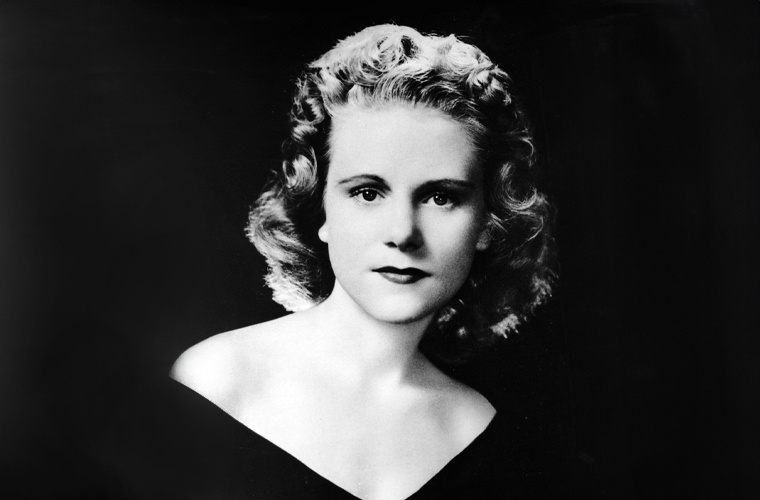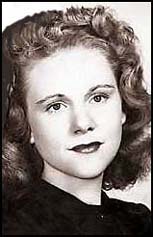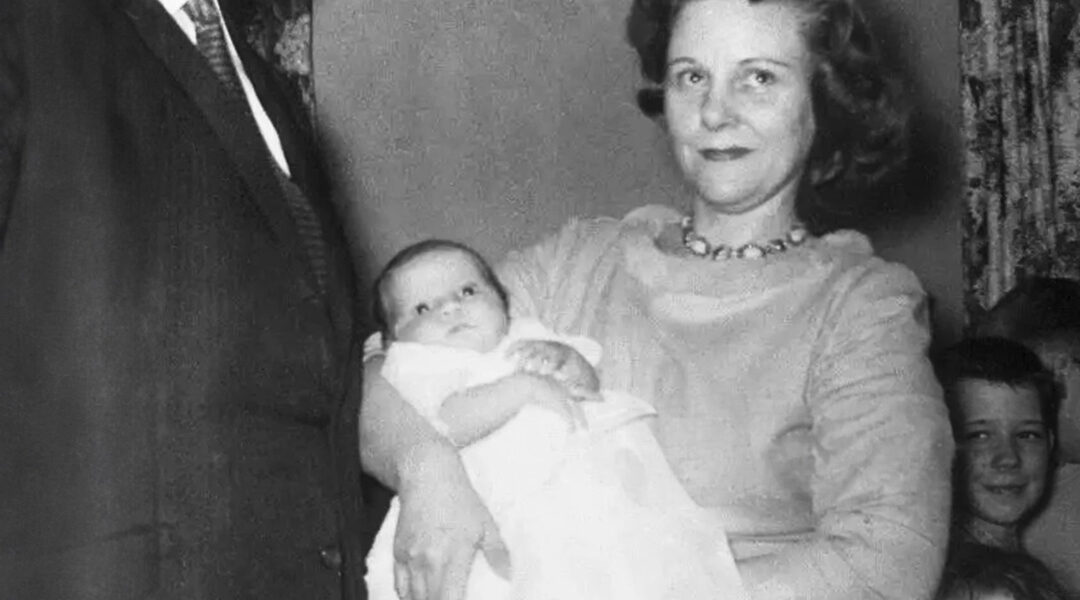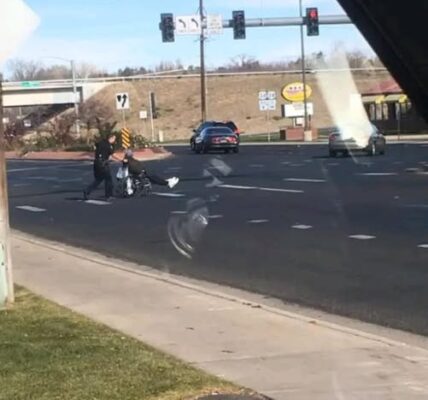Viola Liuzzo was not born into fame or power. She was a mother of five from Detroit, a housewife who could have easily turned away from the chaos and cruelty unfolding in the Deep South during the 1960s. But she didn’t. Instead, she chose to act — and in doing so, became one of the most tragic and powerful symbols of the American civil rights movement.

Born in 1925, Viola grew up poor, the daughter of a coal miner and a schoolteacher. Her childhood was marked by hardship, but also by a deep sense of fairness and compassion for those who suffered. That sense of justice followed her into adulthood, shaping her worldview as she watched scenes of racial violence play out on television — scenes that haunted her conscience.

When Dr. Martin Luther King Jr. called for supporters from across the country to join the march from Selma to Montgomery in March 1965, Viola didn’t hesitate. She left her husband and children behind, telling them she had to help. What she couldn’t have known was that her decision would cost her life.

After the triumphant conclusion of the march, Viola volunteered to drive other activists between Selma and Montgomery. Late that night, as she transported a young Black man, Leroy Moton, down a dark highway, a car filled with members of the Ku Klux Klan began to follow her. The Klansmen pulled alongside her car, shouted racial slurs — and opened fire. Viola was hit twice in the head and died instantly. Leroy, miraculously, survived by pretending to be dead.
The news of her murder shocked the nation. A white woman from the North, gunned down in the South for standing up for Black rights, shattered the illusion that racial violence was a “Southern problem.” Her death fueled outrage that helped push forward the passage of the Voting Rights Act of 1965.
But the aftermath was messy and painful. The FBI informant in the Klan car that night, Gary Thomas Rowe Jr., was protected by the government, while the other three men faced trial. The all-white jury failed to convict them of murder. They were later found guilty only of conspiring to violate her civil rights — a limited but historic legal victory.
Years later, the truth about Rowe began to surface. Documents revealed that he had participated in violent acts — including assaults on Freedom Riders — with the FBI’s knowledge and support. The Liuzzo family fought for years to expose the truth, suing the FBI and demanding justice. Their battle even helped strengthen the Freedom of Information Act, ensuring that future generations could hold the government accountable.

Through it all, Viola’s children carried the burden of both grief and pride. They grew up knowing their mother had died for a cause greater than herself — that her courage, born not of fame or training but of conscience, had changed the course of history.
Viola Liuzzo was 39 years old when she was murdered. She wasn’t a politician or a soldier or a celebrity — she was a mother who believed that injustice anywhere was a threat to justice everywhere. Her legacy lives on in the Voting Rights Act, in the courage of those who still march for equality, and in the reminder that one person’s moral conviction can shake the foundations of an entire nation.
She left home to fight for freedom.
And in her death, she helped secure it.




